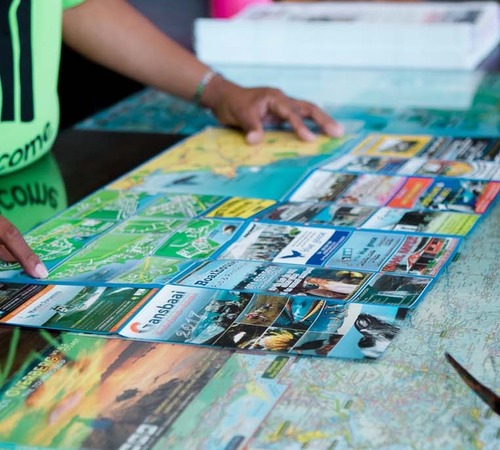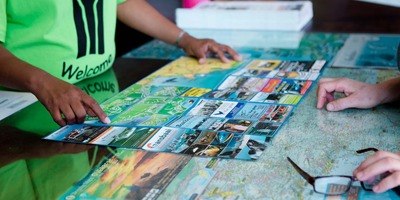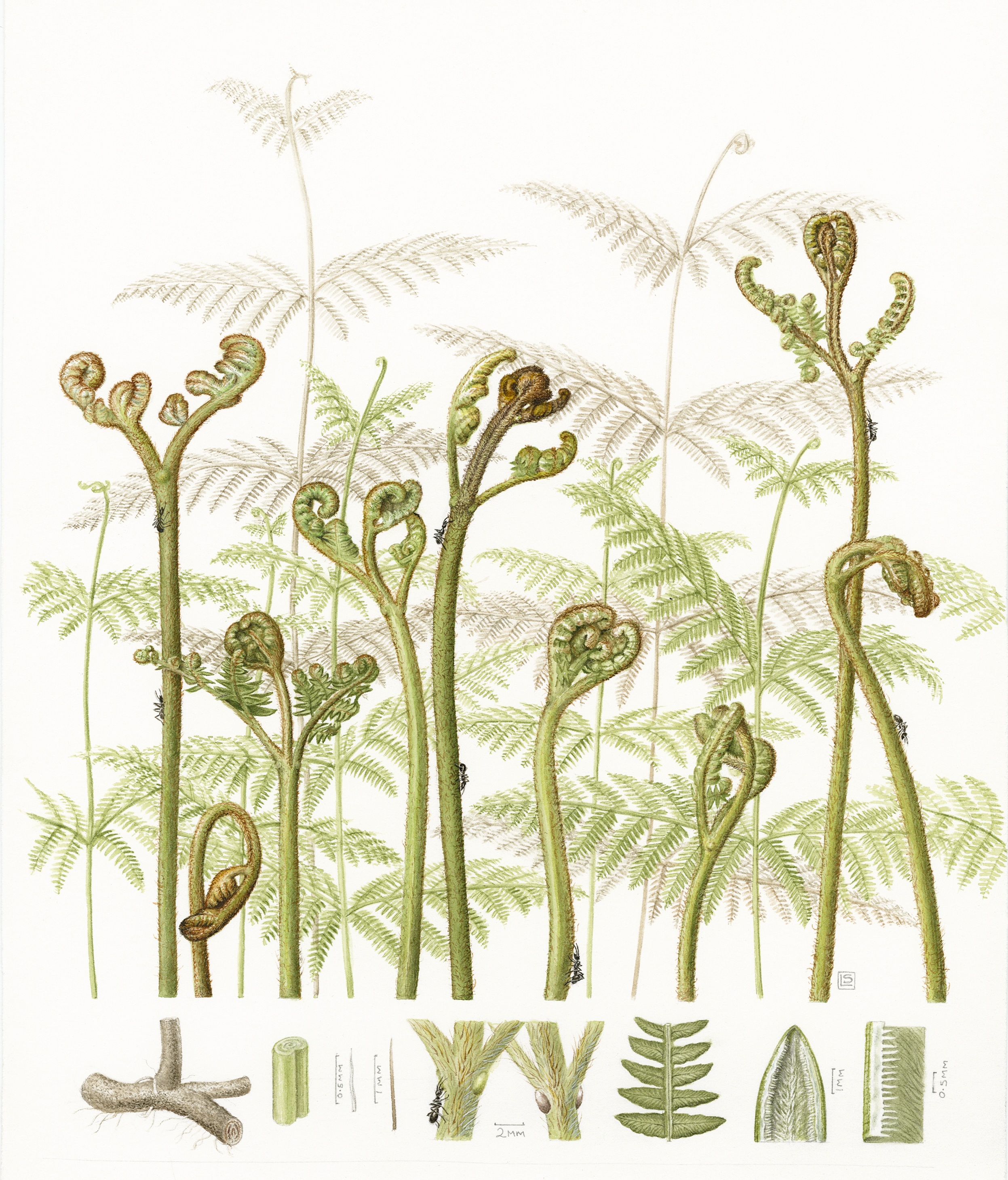
Fully Booked: Botanical Watercolour Masterclass with Laura Silburn
With award-winning botanical artist Laura Silburn
Please note this course is now fully booked.
Date: 1 - 5 September 2025
Venue: Grootbos Private Nature Reserve
Cost: R6500 per person (tuition fee includes light lunch. 50% deposit secures your booking)
On this course, we will be choosing a subject from the fynbos surrounding us, then using sketching and freer drawing styles to capture the essence and character of the plant.
Using this, we will plan our compositions from the outset, then make detailed, measured drawings to work into our layouts. Planning our tones to build form and drama into our paintings, we will progress through layered stages of watercolour, adding pattern and texture with dry-brushing and more subtle and complex colours using glazes and stipple. Along with sharpening edges and defining details, this will lead us to a high-quality finish on our work.
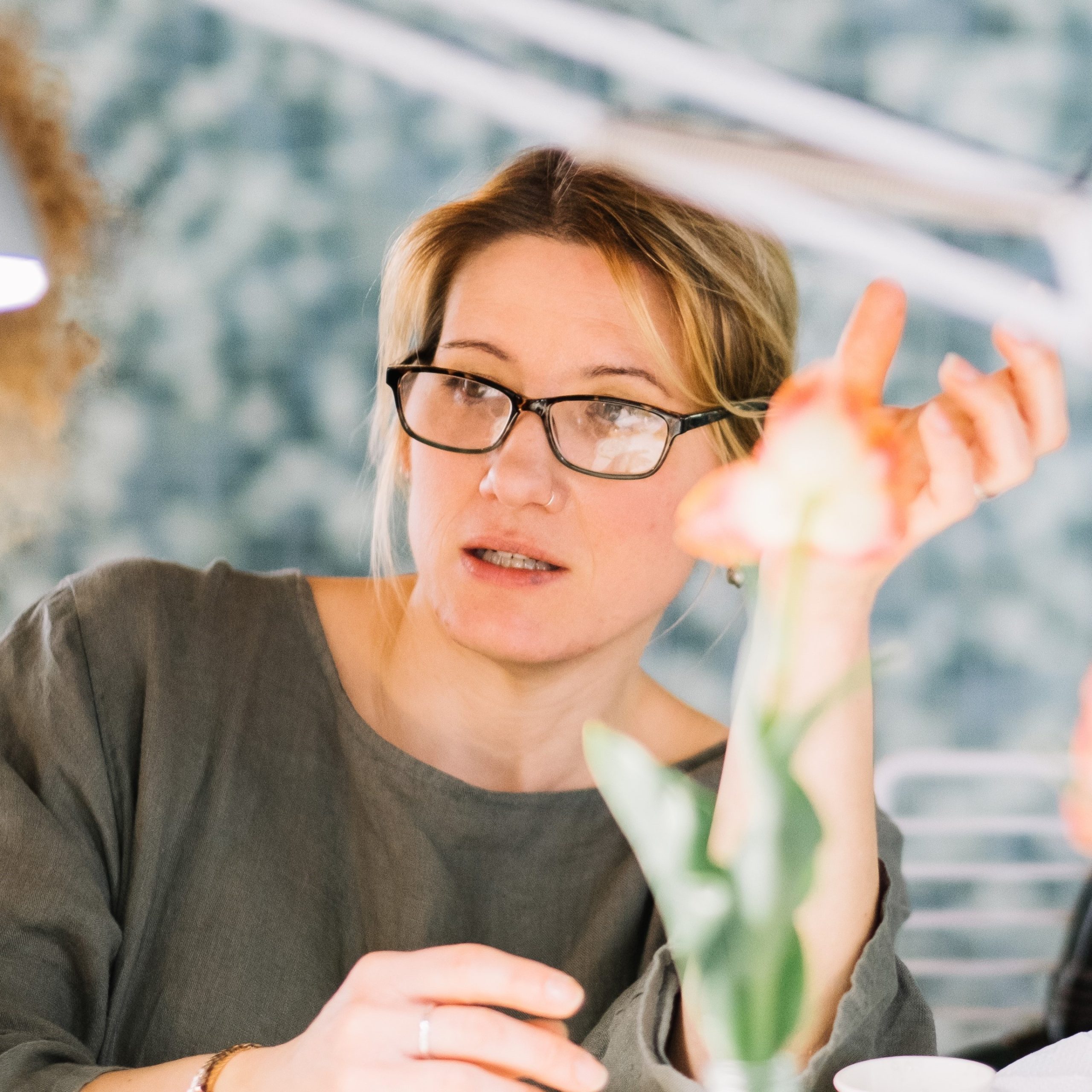
About Laura Silburn
Laura first studied watercolour with Mally Francis in Heligan Gardens, Cornwall, where she now teaches. She has three RHS gold medals (London 2013, 2014, and 2018), as well as Best in Show and Best Botanical Painting awards (2014, 2018).
Laura has seven paintings in the prestigious Transylvania Florilegium and has work in the Hunt Institute, Royal Botanic Gardens Sydney Florilegium, RHS Lindley Library, Shirley Sherwood Collection, Oak Spring Garden Foundation Library in Virginia, and the Grootbos Florilegium in South Africa.
She is a painter and tutor for the Eden Project Florilegium Society near her home in South-West England, and is probably best known for her work painting ferns - including the illustration for Ferns: Lessons in Survival from Earth’s Most Adaptable Plants.
Materials List
You will need all your usual watercolour materials, including:
• Watercolour paper (A4 is good), artist-quality paints, palette and brushes (a wide selection - one or two good sable or similar quality brushes are essential; synthetic brushes are also useful).
• Drawing equipment including ruler or dividers, fine pencil (preferably propelling), erasers, sketchbook or sketching paper.
• Optional: softer pencils for sketching, layout paper (A4 is good) for planning compositions.
• Your usual magnification, plus a loupe or strong magnifier if you have one.
You may also wish to bring along some of your own work to look at, including an unfinished piece to practise finishing techniques on.





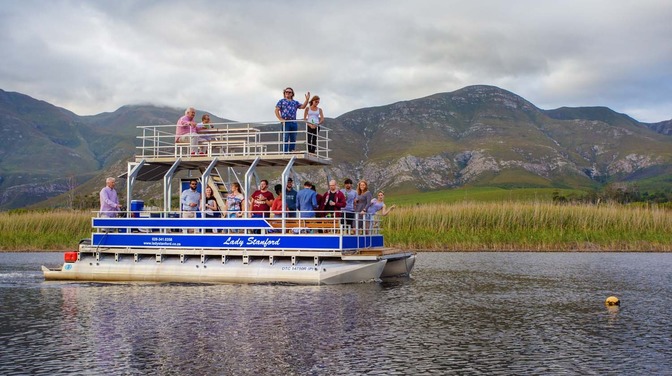


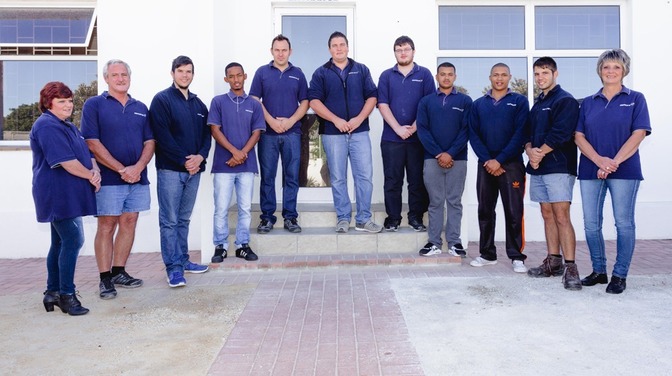



.jpg?width=431&height=242)



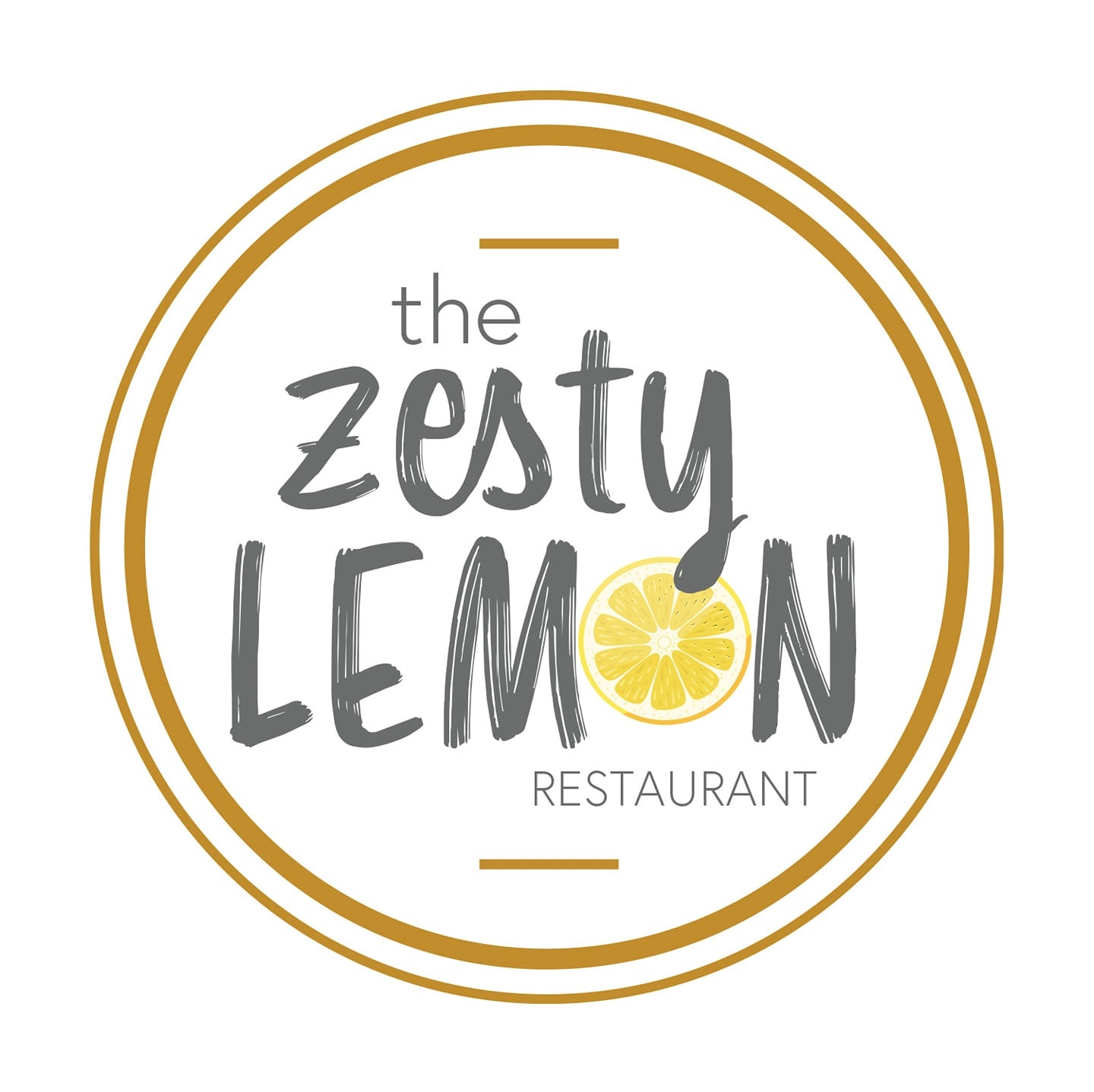

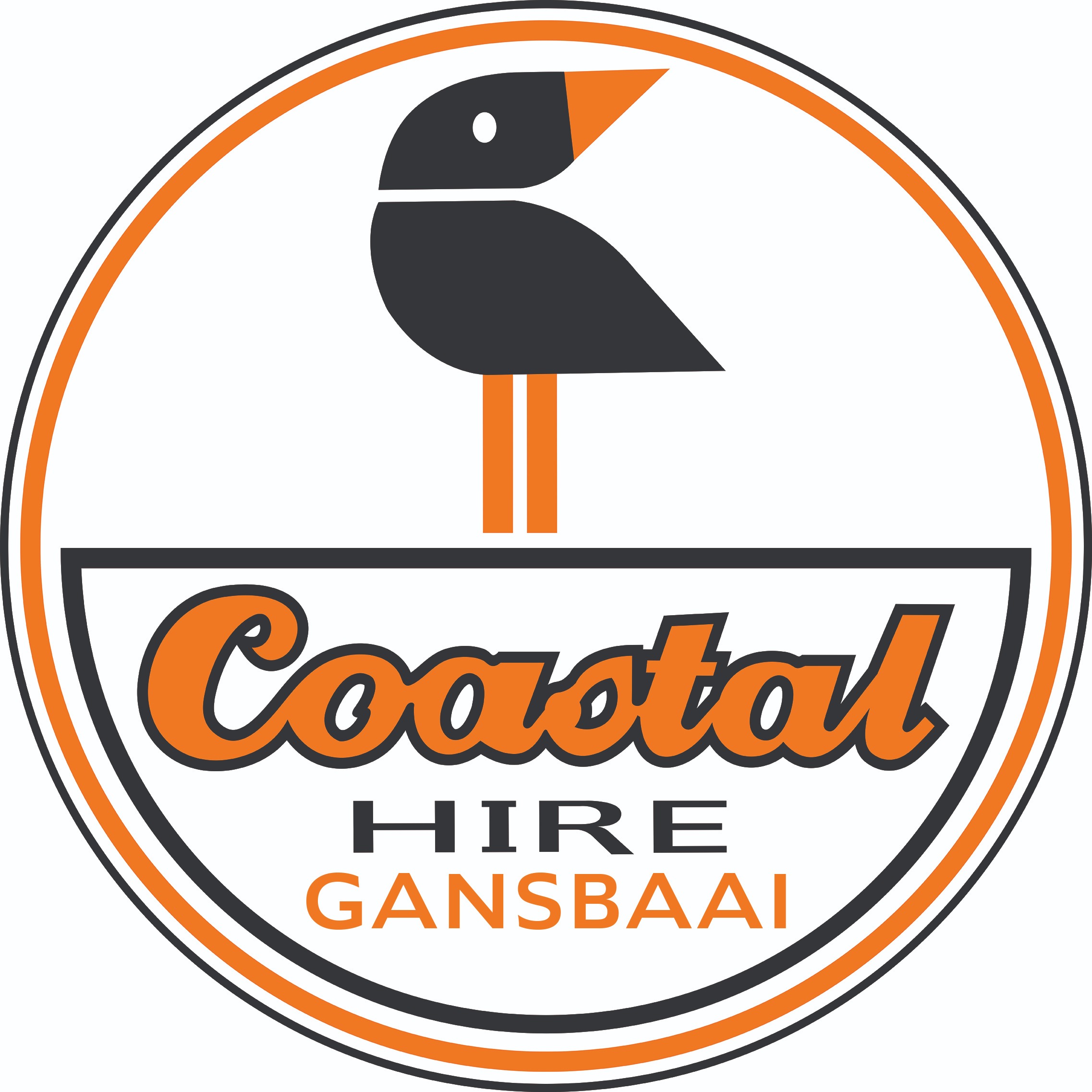









.jpg?width=250&height=182)




